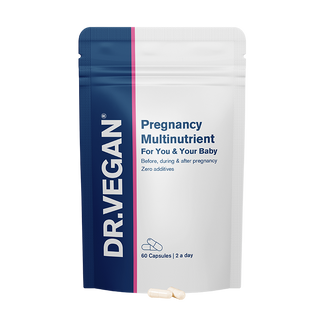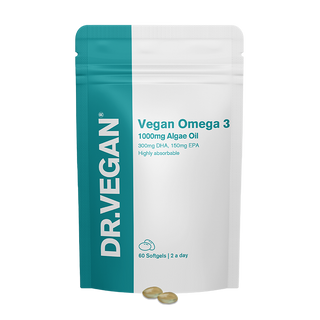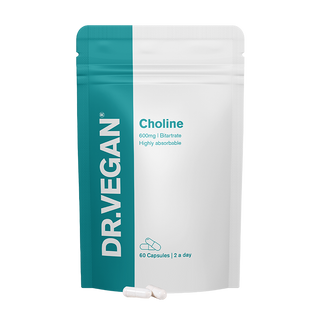A guide to postpartum nutrition

Welcoming a newborn baby into the world is a miraculous experience that brings immense joy, but it also marks the beginning of a challenging journey for new mothers. Among the whirlwind of caring for a newborn, prioritising the mother's nutrition often takes a backseat. However, postpartum nutrition plays a crucial role in supporting the physical and emotional wellbeing of both the mother and the baby. Expert Ariel Kaur Maan provides a guide for the best foods to eat during postpartum recovery and what to avoid.
The importance of postpartum nutrition
After childbirth, a woman's body undergoes significant changes, including hormonal fluctuations, tissue repair and milk production. Adequate nutrition during this period is essential for replenishing nutrient stores, promoting healing and supporting lactation.
For mothers who have given birth naturally or via C-section, the need for proper nutrition remains the same, although the recovery process may vary. Vaginal birth typically involves less trauma to the body compared to C-sections, which require surgical incisions and can prolong recovery. Regardless of the delivery method, focusing on nutrient-dense foods can aid in recovery and provide the necessary energy for the demands of motherhood.
What's your diet missing? Create your free Diet Profile.
Postnatal depletion
Postnatal depletion refers to the physical and emotional exhaustion experienced by many mothers in the postpartum period. This condition often results from inadequate nutrition, sleep deprivation and the stress of caring for a newborn. Addressing postnatal depletion requires a holistic approach, with nutrition playing a core role.
The best foods for postpartum recovery
Foods for breastfeeding
- Oats: Rich in iron and fibre, oats can support milk production and stabilise blood sugar levels.
- Walnuts and chia seeds: Packed with omega 3 fatty acids, walnuts and chia seeds promote brain development in infants and help with postpartum recovery. Continue reading about the benefits of omega 3.
- Leafy greens: Spinach, kale and other greens are excellent sources of vitamins A, C and K, as well as folate and calcium.
- Plant-based yoghurt: Plant-based yoghurt, like soya yoghurt, is high in protein and probiotics. It supports gut health and may enhance lactation.
- Almonds: A nutrient powerhouse, almonds provide protein, healthy fats and magnesium, aiding in energy production and muscle function.
Foods for recovery and wellbeing
- Beans, lentils and tofu: Incorporate protein-rich foods like tofu and beans to support tissue repair and muscle recovery. Considering adding in additional protein powder if necessary. Discover the best protein sources on a plant-based diet.
- Colourful vegetables: Carrots, bell peppers and sweet potatoes are rich in antioxidants and vitamins, promoting immune function and tissue healing.
- Healthy fats: Avocado, olive oil and nuts supply essential fatty acids necessary for hormone regulation and brain health. Continue reading about healthy fats.
- Berries: Bursting with antioxidants, berries combat inflammation and support cellular repair.
- Fruit and raw vegetables: These provide vitamin C needed for collagen production, aiding in connective tissue repair.
Pregnancy Multinutrient

Foods to avoid postpartum
While nutrient-dense foods are vital, it's also essential to limit certain foods that may hinder recovery. Processed foods high in sugar and unhealthy fats, as well as caffeine and alcohol, should be consumed in moderation or avoided altogether. Discover the best alternatives to caffeine.
The best supplements for postpartum health
In addition to a balanced diet, certain supplements can support postpartum recovery and overall wellbeing. These may include:
- A multi-nutrient formula: A multi-nutrient formula designed for postpartum nutrition can help replenish depleted nutrients and provide additional nutrients, which is especially important if breastfeeding.
- Omega 3 fatty acids: Algae oil supplements provide essential omega 3s, crucial for brain health and mood regulation as well as the breastfed infant brain. You may be interested in our Vegan Omega 3 with 1,000mg Omega oil, providing 300mg DHA and 150mg EPA per serving.
- Probiotics: Supporting gut health with probiotic supplements can aid digestion and strengthen the immune system.
- Iron: Many women experience iron deficiency postpartum, so iron supplements may be necessary, especially for those with heavy bleeding post-childbirth. Continue reading why iron is so important for women. Consider our Gentle Iron & Vitamin C formula.
Vegan Omega 3

Prioritising postpartum nutrition is essential for promoting recovery, supporting lactation and safeguarding maternal health. By nourishing their bodies with nutrient-rich foods and appropriate supplements, new mothers can navigate the challenges of the postpartum period with vitality and resilience. Remember, caring for oneself is not selfish but necessary for the wellbeing of both mother and child.
You may also enjoy reading:
- Nutritionist advice for a healthy pregnancy
- A nutritionist recommended pregnancy diet guide
- Why is Folic Acid so important in pregnancy?
- Is it OK to go plant-based while pregnant?
- 5 things nutritionists wish all women knew
Want to hear more from our nutritionists? Sign up to our email newsletter for insights and exclusive offers:


















